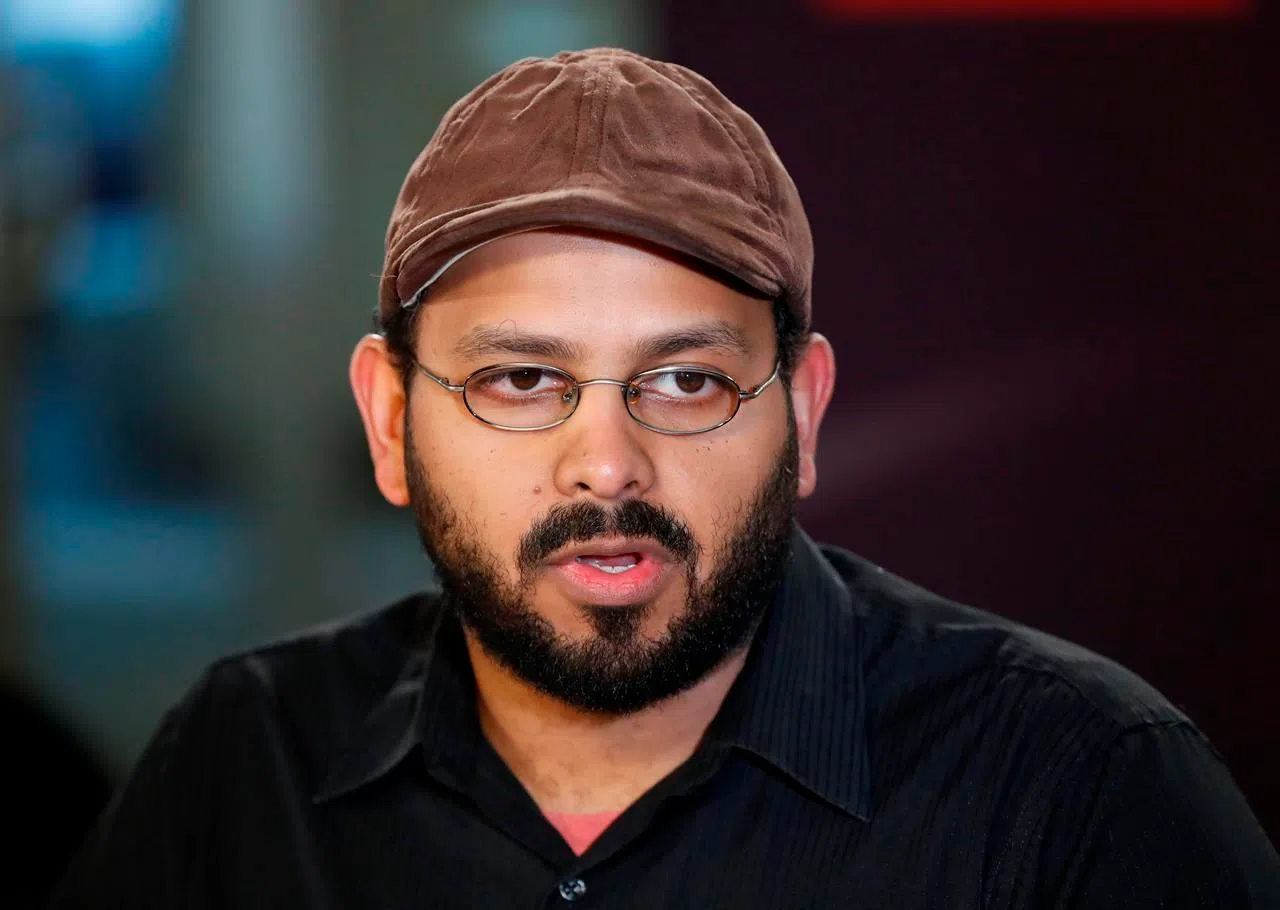
Iran newspapers, minister criticize US arrest of newscaster
DUBAI, United Arab Emirates — Iran kept up its criticism Thursday of the FBI’s apparent arrest of an American anchorwoman from Iran’s state-run English-language TV channel, with its foreign minister saying “she’s done nothing but journalism.”
The hard-line Vatan-e Emrooz paper criticized the detention of Press TV’s Marzieh Hashemi as “Saudi-style behaviour with a critical journalist.” That’s a reference to the Oct. 2 assassination of Washington Post columnist Jamal Khashoggi at the Saudi Consulate in Istanbul.
Meanwhile, Iranian Foreign Minister Mohammad Javad Zarif told Press TV that “we have a right to continue to look after her interests” as Hashemi, born Melanie Franklin in New Orleans, also holds Iranian citizenship.
Iranian law, however, does not recognize dual nationalities, an issue that comes up in its arrest of those with Western ties.


